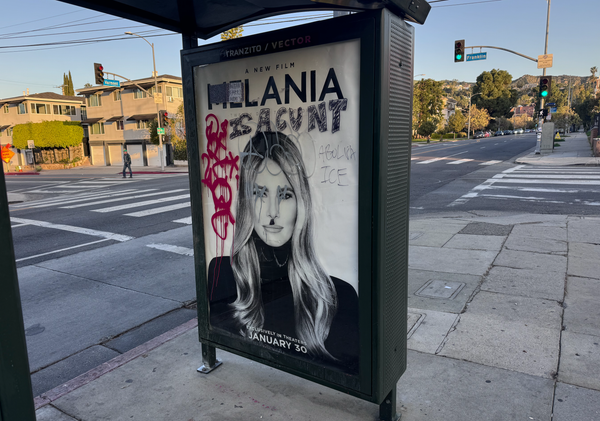Shazam: Sinbad's genie film never existed!
Why we might all be living in a simulation (or not)

Hello,
Sometimes I feel a bit ill talking about simulation theory, because it kinda got kicked off again as concept because Elon Musk started talking about it a few years ago — which instantly makes me go “oh, screw that.”
Now look — I’m a fan of Musk’s big scary ideas. Heck, I wrote about his Neuralink presentation last year out of sheer enthusiasm. But for all the cool trippy stuff he’s pushing into, he’s also the man who gets into spats with cave rescuers and makes dick jokes about Jeff Bezos because they’re locked in a billionaires’ battle over space.
So let’s ignore the fact Musk loves simulation theory, and remember the time acclaimed sci-fi author Philip K Dick blew our minds back in the 70s:
This is extraordinary. Dick was imagining all this back in 1977 — a long time before we were playing Grand Theft Auto 5 and fiddling with the Oculus Rift. This was back in the days of the Apple II!
Philip K Dick’s books would go on to inform giant pop culture giants like The Matrix, which really solidified the concept that this reality we are experiencing is not real (frustratingly, that film’s red-pill analogy would later be co-opted by horrible internet men to mean something else entirely).
But the idea of Simulation Theory goes back even further than the Matrix, and I thought it would be fun to break it all down. I wrote this with Dylan Reeve. Enjoy.
The history of Simulation Theory
The idea of life as a simulation long predates modern thinking about it. Aspects of ancient literature and philosophy from the Chinese, Greek, Aztec and Mayan people reflect ideas such as our existence being someone else’s dream.
Way back in 375 BC, the philosopher Plato told a story in his Republic about a group of men who’ve lived their entire lives chained to a wall of a cave, staring at a blank wall. There’s a fire behind them, so all they have to watch all day are shadows projected on the wall from objects moving in front of the fire. The shadows are the prisoners’ reality. Socrates goes on to argue that a philosopher is like a prisoner who’s escaped and realises that the shadows are not reality at all!
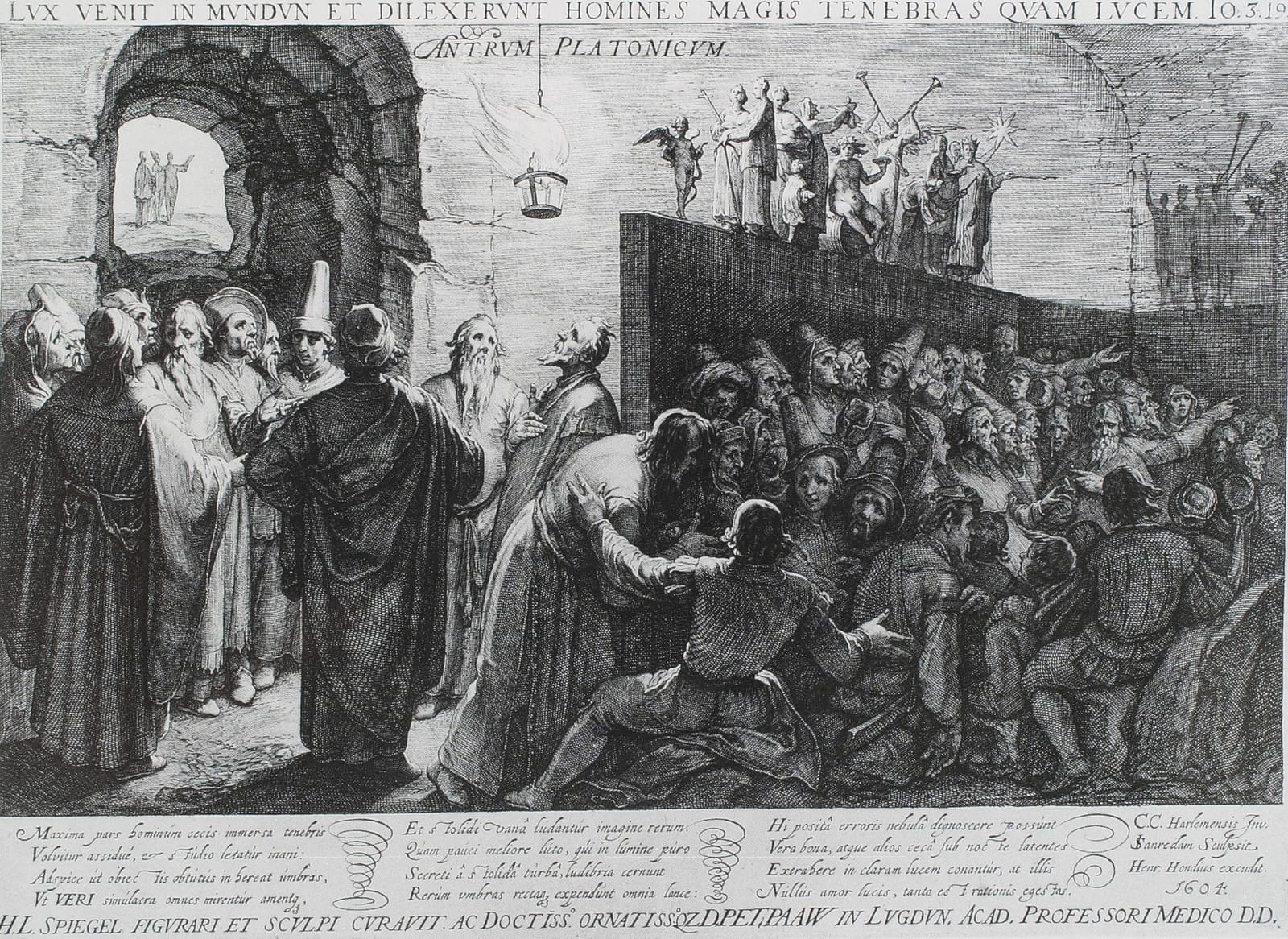
Fast forward 2000-odd years to the modern incarnation of Simulation Theory, which has its origins in 2003 with Nick Bostrom’s suggestion that our conception of reality was a computer simulation.
Bostrom is also a philosopher, who heads the Future of Humanity Institute at Oxford. He’s a bit of a brain box.
He essentially argued that there was a chance that some a certain number of civilizations would reach a “post-human” level, with technological resources that are sufficient to run highly detailed simulations of their ancestors.
If that is true, then in those simulations there would be more simulated ancestors than there had been real ones… which means that it’s more likely than not that our experience of reality is as a simulated ancestor of these civilizations than as an actual ancestor.
A popular simplification of this suggests that if computer games and artificial intelligence continues to improve at the rate that it has over recent decades, it will predictably reach a point at which games are indistinguishable from reality.
And if that is likely to be true in the future, then it’s likely that we are in fact in one of those games that is simulating the past, as more characters will exist in multiple instances of the game than ever existed in reality.
Evidence of Simulation? You decide.
How can we prove we are simulated? Some argue we can’t — because our entire existence is within the confines of the simulation we simply won’t be given the resources or ability to detect that. But here’s some “evidence” in our corner:
1. No Aliens!
The fact we’ve not found evidence of any other civilizations is seen by some as evidence of simulation. They argue that, despite it being almost mathematically certain we’re not alone, the fact we have found no evidence of alien civilizations proves we are simulated.
This is either because the system running our simulations is structured to only simulate our civilisation — or that we are being simulated by aliens, and thus they want to prevent us from discovering they may exist.
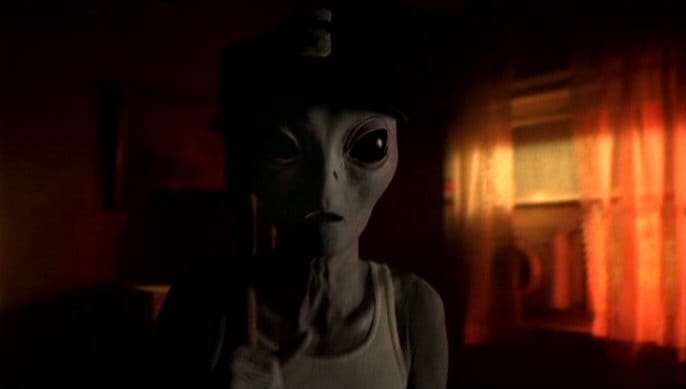
2. Climate Change
Some see the fact that humanity is currently facing an existential crisis as just a little too perfect. They believe the fact that our recent generations have been presented with this crisis and the opportunity to impact that proves that we’re being tested.
This idea suggests essentially that our existence is being simulated in order to test our ability to respond to this crisis.

3. It’s All Just Too Crazy!
Twitter users love to crack jokes about the writers and storylines of all that we’re living though, but some people go further to suggest that improbable events like Trump’s Presidency are evidence of the simulation being manipulated. In the same way that a bored Simcity player unleashes disasters on their city.
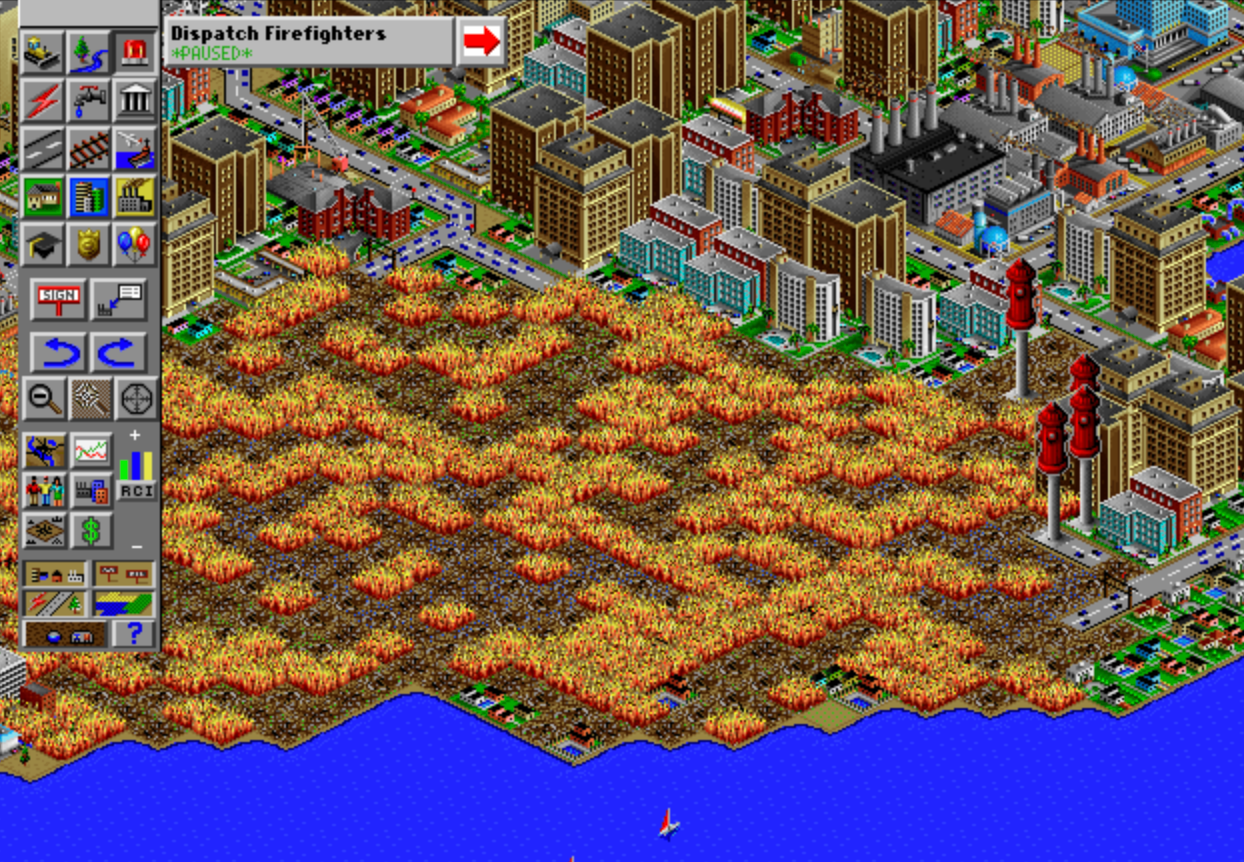
4. Too Many Rules
Why are the laws of our universe so strict? Some people believe the strict, predictable and consistent rules of the universe are too similar to the algorithmic constraints of a computer program to be coincidental. In this example the ultimate universal speed limit — the speed of light — is the maximum speed at which information can be transmitted within our simulation’s host system.
Okay: so aliens, climate change, too much insanity and too many rules. Some of those may land with you, and other may not.
There’s another more relatable “proof” we’re living in a simulation. The Mandela Effect.
5. The Mandela Effect
In looking for quirks in our reality that could somehow provide evidence that we’re existing in a simulation, many people like to focus on the common psychological effect known as the Mandela Effect — more accurately called False Memory.
These are situations where we insist we remember a certain thing being true (like an event we remember, the name of a product, some piece of pop culture) only to find out later that all the evidence contradicts our memory.
The simplest explanation is that we made a mistake when we remembered something - our brains filled in some detail incorrectly (many revolve around oddly spelled words, or slightly unusual phrasing).
But another idea is that the parameters of the simulation in which we exist have been changed. So while all evidence outside our own memories has been updated, our internal copy of that information is unchanged.
Some Mandela Effect examples:
Nelson Mandela’s Death:The Mandela Effect is named after this! Loads of people are certain they remember Nelson Mandela dying in a South African prison in the 1980s. That’s simply not the case: he was released from prison in 1990, went on to serve as President of South Africa from 1994 to 1999 and died in 2013.
Berenstein Bears:Many people are convinced that the name of the popular children’s book series involving a bear family was Berenstein Bears (presumably because of the commonality of names ending in ‘-stein’) but that was never the case. The series is named after the authors Stan and Jan Berenstain. It was always the Berenstain Bears.
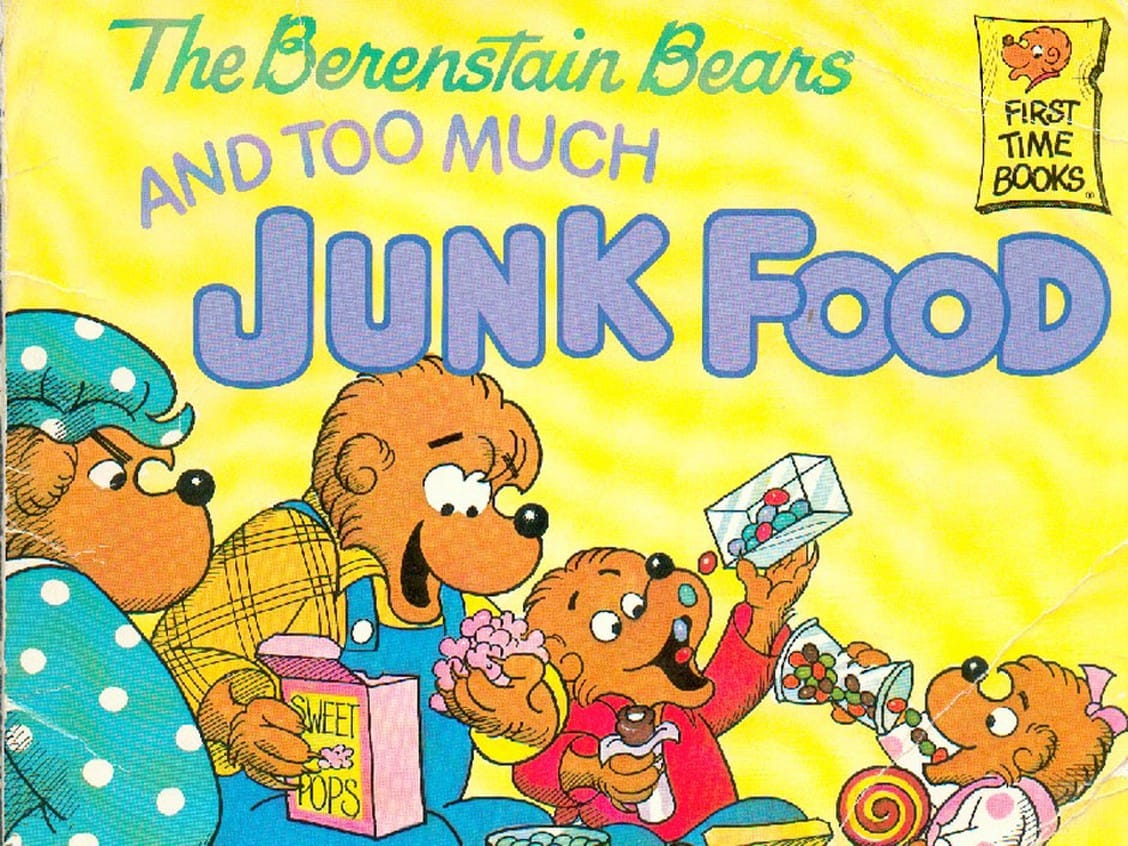
A journalist actually ended up talking to Michael Berenstain, the son of the late Stan and Jan Berenstain. He sounded utterly fed up with the whole thing:
“People believe some really weird things. Of course, the question I come up with is: Well, does this include my grandparents birth certificates and things? Did the name change on them? On my father’s draft records from World War II, did it get changed there too? I mean, what happened here? Does my birth certificate, with the name spelled with an A, magically get changed in some alternate reality? No.”
Monocle-less Monopoly Man:
A widely ‘remembered’ fact is that the Monopoly mascot, Rich Uncle Pennybags, wears a monocle. But that’s never been the case in any official Parker Bros, Hasbro or Waddington’s illustrations. He wears a top hat and morning suit, has a bushy moustache and is often shown grasping a bag of money, but he’s never had a monocle.
The left illustration is correct. The right is how we all imagined it. Because, you know, a glitch in the simulation. An error in the code. Or maybe a reboot.

Pikachu’s Tail:
Children of the late 80s and the 90s will often swear that the end of Pikachu’s tail is black. But nope. Never. Not in any TV show, movie, video game or trading card. Pikachu’s tail is all yellow.
Shazam!
There are people who will swear that they watched a movie in the 1990s called Shazam, about a genie played by comedian Sinbad. Simply never happened. But still people will insist they saw it:
People all across the nation have even expressed having detailed memories of when and where they watched this film as a kid. One man named Don worked at his uncle’s movie rental store and specifically remembers buying the Shazam movie for the store. “I had to handle the two copies we owned dozens of times over the years,” said Don. “And I had to watch it multiple times to look for reported damages to the tape, rewind it and check it in, rent it out, and put the boxes out on display for rental.”
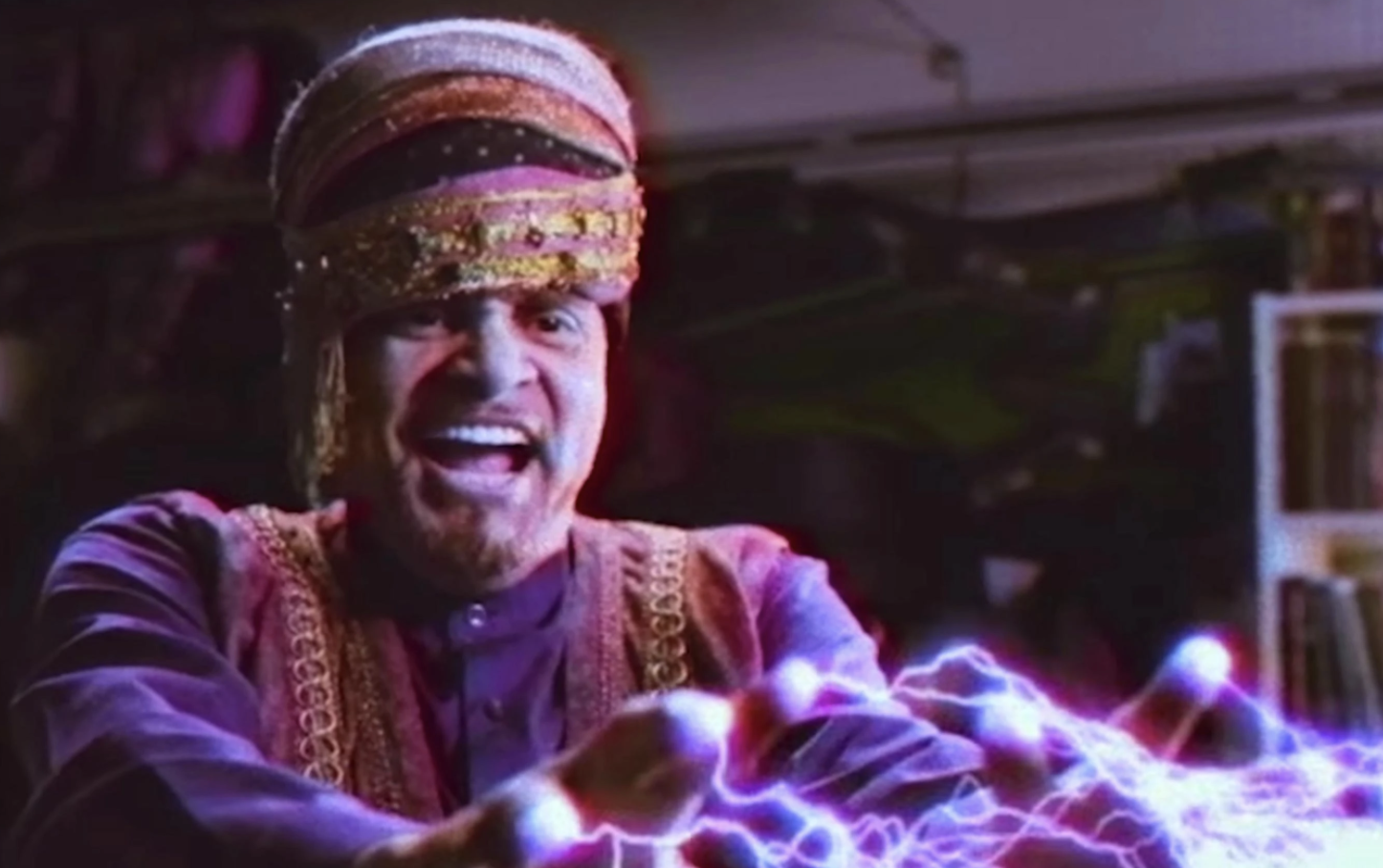
Finally, all those crazy misspellings:
There are so many spelling ones… Mostly around product names.
Many people remember the peanut butter brand being ‘Jiffy’ but it’s only ever been ‘Jif’.
The extra-filled Oreos are called ‘Double Stuf’ with one F, not the way most will assume: ‘Double Stuff’
Processed meat giant Oscar Mayer is ‘Mayer’ with an A not ‘Meyer’ as many insist.
The delicious cheesy crackers are called ‘Cheez-It’ not pseudo-plural ‘Cheez-Itz’
There’s no hyphen between the parts choccy finger bar ‘KitKat’

KitKat! Fruity mouth-destroying cereal hoops are properly known as ‘Froot Loops’ with the double O’s being the cereal themselves. They’ve never dared call them ‘Fruit Loops’ as some insist - there’s no fruit in there!
Shoe brand ‘Skechers’ has no ‘T’ in their name and they never have.
Laundry spray ‘Febreze’ has only a single ‘E’ in the ‘breeze’ part of their name.
The Warner Brother cartoon series has always been ‘Looney Tunes’ like music, not ‘Looney Toons’ as if short for cartoons like many think.
In most of these cases the spelling people think they remember is just the more correct or predictable version. They haven’t accounted for the way brands like to tweak words in order to claim ownership.
6. Synchronicity and co-incidences
Maybe the Mandela Effect can be explained away. But there’s another aspect of being alive that points to us being in a simulation: the things that happen to us that just seem too good (or bad) to be true.
There’s actually a new documentary about Simulation Theory called A Glitch in the Matrix that explores this in depth. The film premiered at this year’s Sundance, and is from Rodney Ascher, the guy behind the very trippy Room 237 (about obsessive The Shining fan theories) and The Nightmare, his film about sleep paralysis.
We talked about those weird co-incidences that happen in life that make you wonder if something weird is going on behind-the-scenes:
“I’ve heard of synchronicities and coincidences of being evidence of all sorts of things, including Simulation Theory. I myself have experienced things that make me believe in fate: an arbitrary meeting with a person that becomes very important; where it feels I was destined for me meet this person, in a way that at the time may have felt random. Maybe it’s not evidence of a simulation, but evidence of a plan or fate of purpose.
There is a guy [in the documentary] who has this fairly complicated story about being in a car accident in the mountains of Mexico — and he survived one disaster after another, after another… and he came away going “I do not believe in God — he would not lift his pinky to save me — therefore simulation theory is more likely. The world is being controlled by someone out there who has a purpose and a point. It is not my time to die.”
My mother fell asleep at the wheel and cruised over six lanes of traffic to the median, and woke up in the grass without a scratch. And she took it as her guardian angels. So both of these people looked at this inexplicable coincidence and came at it with different answers. And if the same thing happened to you or I we might have different answers ourselves.”
Look — we’ve all had those moments. Those co-incidences that make it seem like we’re living in our own pre-programmed videogame.
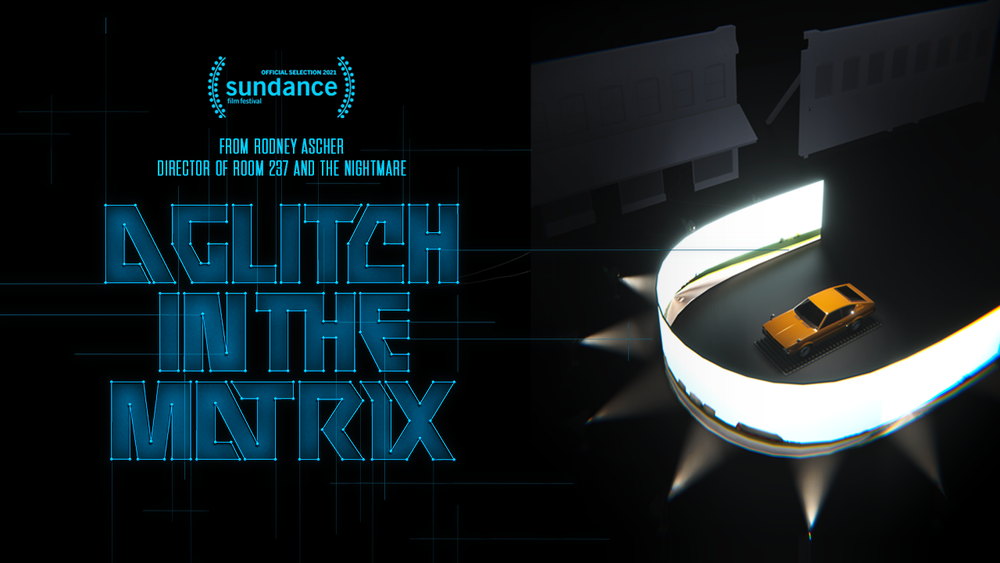
Does it Matter?
I guess the big question is — does it matter?
Does it matter of this reality we are experiencing is “real” or not? From my perspective — I couldn’t care less. Real or not, it doesn’t make whatever this “life” this is any more or less meaningless. It’s all the same thing. Maybe if I was a super-intelligent physicist who had a chance of breaking out of the simulation I might care. But I’m not. I’m an idiot. And so whether my brain is a mushy bunch of brain cells and electrical connections, or a bunch of ones and zeros — who cares.
I guess for me, it all comes down to the reality I know. This is the only reality I know, so it’s fine with me.
If on the other hand there was a scenario where I could “choose” to enter a simulation for the rest of my life — to depart my flawed, real world for this perfect simulation where I could live out my dreams — not knowing it was all fake once I’d crossed over — would I?
I don’t think I would. Because making that decision would be akin to losing all of my supposed autonomy. It would be like dying. And I hate that idea. But if I’m in a simulation now, and I just don’t know it — well, that’s how my cards have been dealt with zero input from me.
Simulation theory is just another religion. Another big idea to give our weird lives meaning. An atheist’s religion, perhaps.
I mean, think about Christianity’s concept of heaven. Once you believe in heaven, then what is this life right now, besides some fake reality we’re living in until we die and get to experience the real, eternal, thing? For religious folk, death is the point we escape the Matrix.
So yeah, same same. We’re all exploring the same stories, trying to make sense of it, trying to fend off the madness.
David.
PS: Please feel free to share this - webworm.co/p/glitch! I’d appreciate it. And check out the corresponding Armchaired & Dangerous episode — it’s fun!




